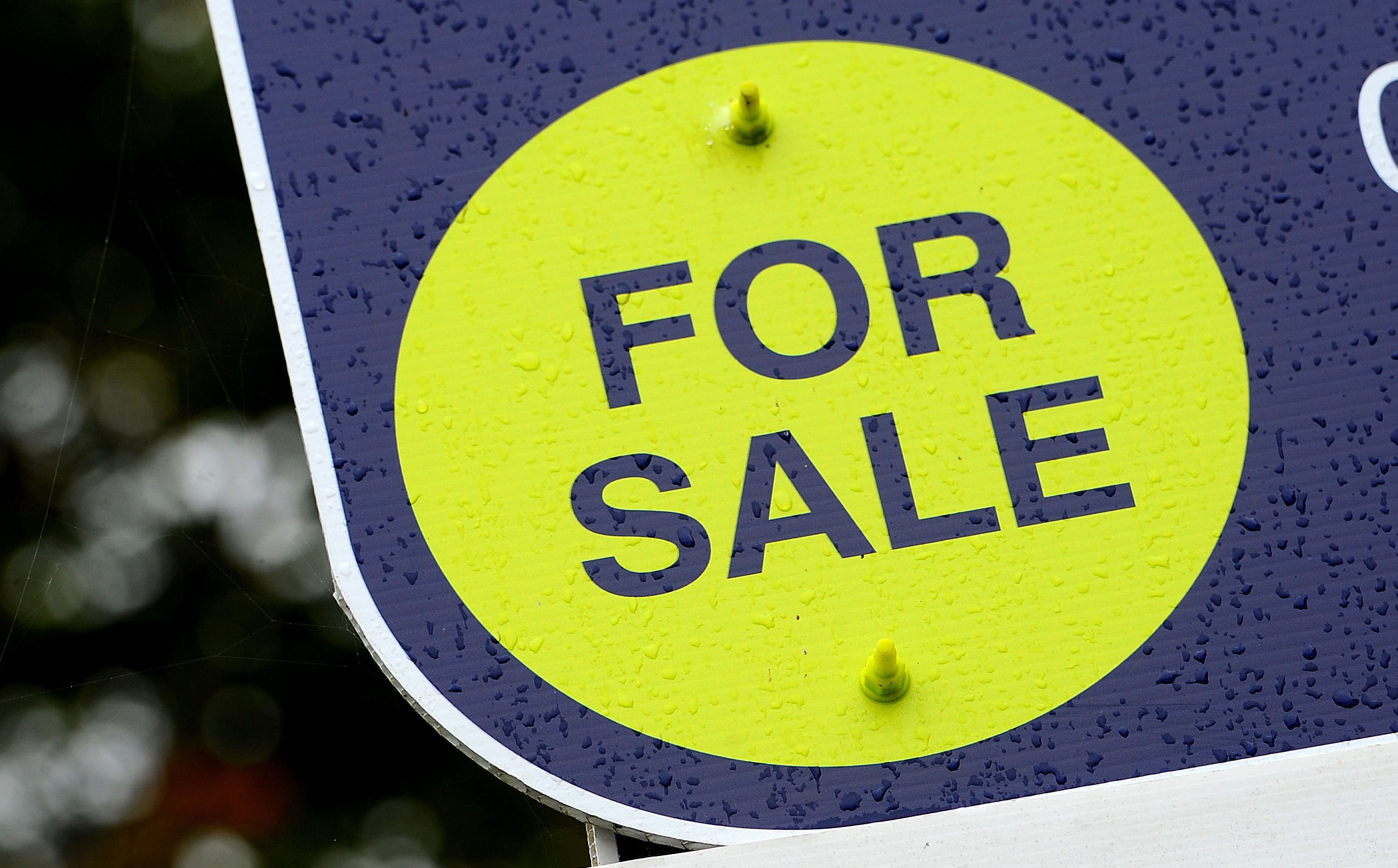
JUST under half of “empty nesters” in Scotland are not considering downsizing to a smaller property despite their children having flown the nest, research from Bank of Scotland shows.
Figures show 43% of those whose children have left home are choosing to remain in their family home.
Research shows parents are making the most of this new chapter in life, with three-fifths (60%) enjoying the newly found space and rediscovering their independence.
Almost half said they are better off financially and more than one in three (36%) said they can spend more quality time with their grandchildren.
About 31% have been able to travel more and 8% have had the chance to pursue a lifelong dream.
Graham Blair, mortgage director at Bank of Scotland, said: “It’s great to see so many of our empty nesters embracing this change, and making the most of their new-found freedom.
“This shows a generational shift, as this was often perceived to be an upsetting time for parents.”
Research on behalf of the bank was undertaken by BDRC Continental in March with 1,029 interviews across the UK.
Although most are enjoying the extra space and freedom, a quarter (25%) do not enjoy being alone and 16% admitted it is difficult to live in the property now it feels empty.
Despite living in an “over-sized” house, about two-fifths (43%) said they will not consider moving to a smaller property as they have built strong ties with the community they live in.
Over a third (38%) said they are financially comfortable and have no pressing reason to downsize, and one in three (34%) said moving would be too much of a hassle.
Grandchildren is a key consideration, with one in four needing the extra space to look after them.
Scottish parents are also more reluctant to leave a home full of memories (24%) compared with the rest of the UK (20%).
Research showed empty nesters typically have two spare bedrooms after their children move out.
These are usually kept as spare bedrooms (63%), home offices (30%) or a hobby room (13%).
Downsizing can earn a windfall of £67,000, the report found, with one of the main drivers being to reduce bills (48%)
Mr Blair added: “It is also encouraging to see a significant number of homeowners looking to downsize and invest for their future.
“Movement at this end of the ladder is crucial to keep the housing market healthy.”

Enjoy the convenience of having The Sunday Post delivered as a digital ePaper straight to your smartphone, tablet or computer.
Subscribe for only £5.49 a month and enjoy all the benefits of the printed paper as a digital replica.
Subscribe